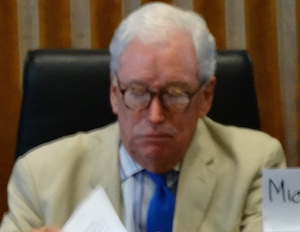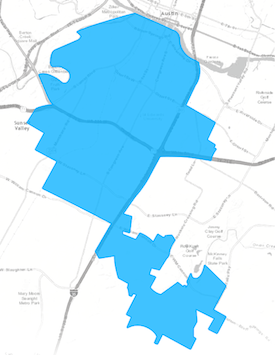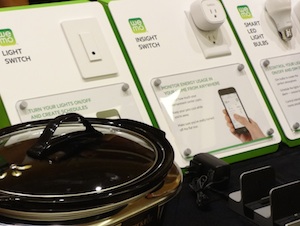Telephone companies can begin bidding for FCC rural broadband subsidies

The FCC will accept bids for its rural broadband experiment program, starting next week. With $100 million on the table, to be spent at the rate of $10 million a year for 10 years, the effort is likely to produce something like a dozen or so projects.
Because of legal restrictions on the source of the money – the Connect America Fund – only telephone companies that are certified as eligible telecommunications carriers (ETC), or shortly will be, can apply.… More




![By Edward Betts (Own work) [CC-BY-SA-3.0 (https://creativecommons.org/licenses/by-sa/3.0)], via Wikimedia Commons](https://www.tellusventure.com/blog/images/2014/10/sf_central_subway.jpg)

![By Luis Miguel Bugallo Sánchez (Lmbuga Commons)(Lmbuga Galipedia) [GFDL (https://www.gnu.org/copyleft/fdl.html) or CC-BY-SA-3.0 (https://creativecommons.org/licenses/by-sa/3.0/)], via Wikimedia Commons](https://www.tellusventure.com/blog/images/2014/10/charging_cat.jpg)


![By Karora (Own work) [Public domain], via Wikimedia Commons](https://www.tellusventure.com/blog/images/2014/10/schoolhouse.jpg)